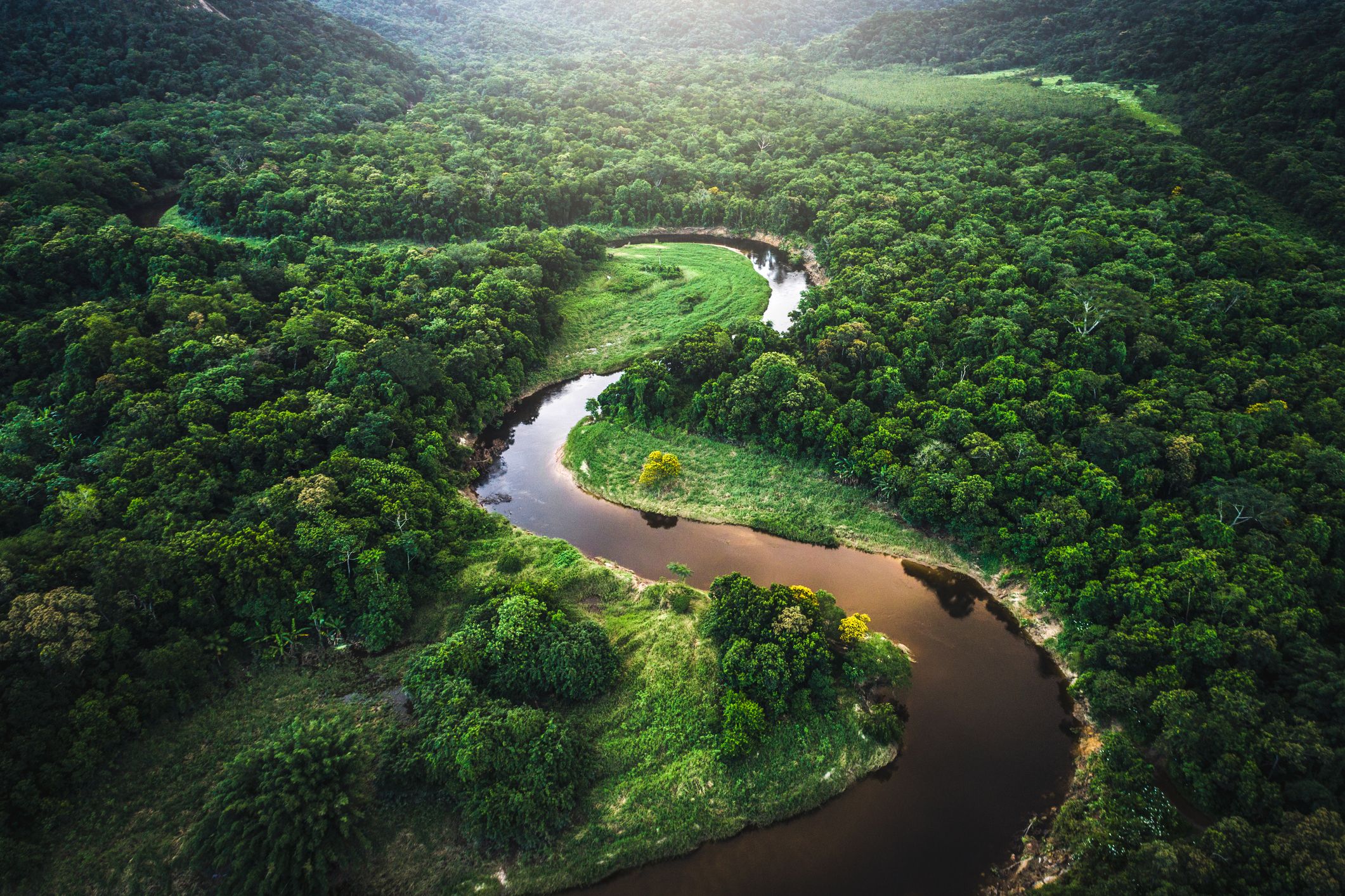
Deforestation in Brazil’s Amazon rainforest fell almost 10% in May from the previous year, preliminary government data showed on Wednesday, as President Luiz Inacio Lula da Silvas’s administration has strengthened efforts at protection. But the environmental group WWF warned that it is “unacceptable” that deforestation continues, adding that forest destruction usually peaks in July and August when fires sweep across the country to clear land for agriculture or development.
Last week, Lula unveiled a package of measures to eliminate illegal deforestation in the Amazon by 2030. This includes boosting intelligence and satellite imagery, establishing a rural registry to monitor land management, and ensuring the conservation of forests considered vital for slowing fossil fuel-driven climate change. His agenda will face significant challenges. His administration will have to deal with a robust agricultural lobby that represents a significant political constituency, and the country’s Congress has passed legislation curbing the powers of his environment and Indigenous affairs ministries.
On his first day in office, Lula signed several decrees strengthening environmental protections, including one repealing an initiative by former President Jair Bolsonaro that had made it easier to grab land for agricultural purposes. He also reactivated the Amazon Fund, a mechanism for foreign governments to help pay for preservation efforts, which Bolsonaro had frozen to appease big agricultural interests.
Brazils Ibama, environmental protection agency, said that, from January to May, it levied fines totaling more than 2 billion reais ($406 million), up 160% compared to the same period in 2022. It also slapped embargoes on 2,255 farms for violating environmental laws. The agency, however, needs to be more funded and heavily corrupt, making it difficult to enforce the law.
The WWF, meanwhile, called on the government to join an international pledge that calls for halving the rate of natural forest loss globally by 2020 and striving for zero net land degradation by 2030. The group said it was vital that Brazil reinvigorate its role as an international environmental leader and “rediscovers its place in the global struggle against climate change.”
CGTN’s Paulo Cabral spoke with Lula’s environment minister, Marina Silva, who has the challenge of balancing the rainforest’s need for protection with the country and the region’s desire for economic growth. Hear their entire conversation in the video above.
The Amazon is the world’s largest tropical rainforest and is vital for its biodiversity and our planet’s climate. Nevertheless, it is being destroyed at an alarming rate. Every year, forests the size of entire cities burn to make way for cattle ranches and soy plantations. This is devastating for the climate but also a catastrophe for Indigenous Peoples and local communities that depend on these forests. But we can turn this trend around by taking action. Through policy reform, additional protected areas, and commitments from corporations, we can slow the destruction of these critical habitats so that they can be used for sustainable development.


